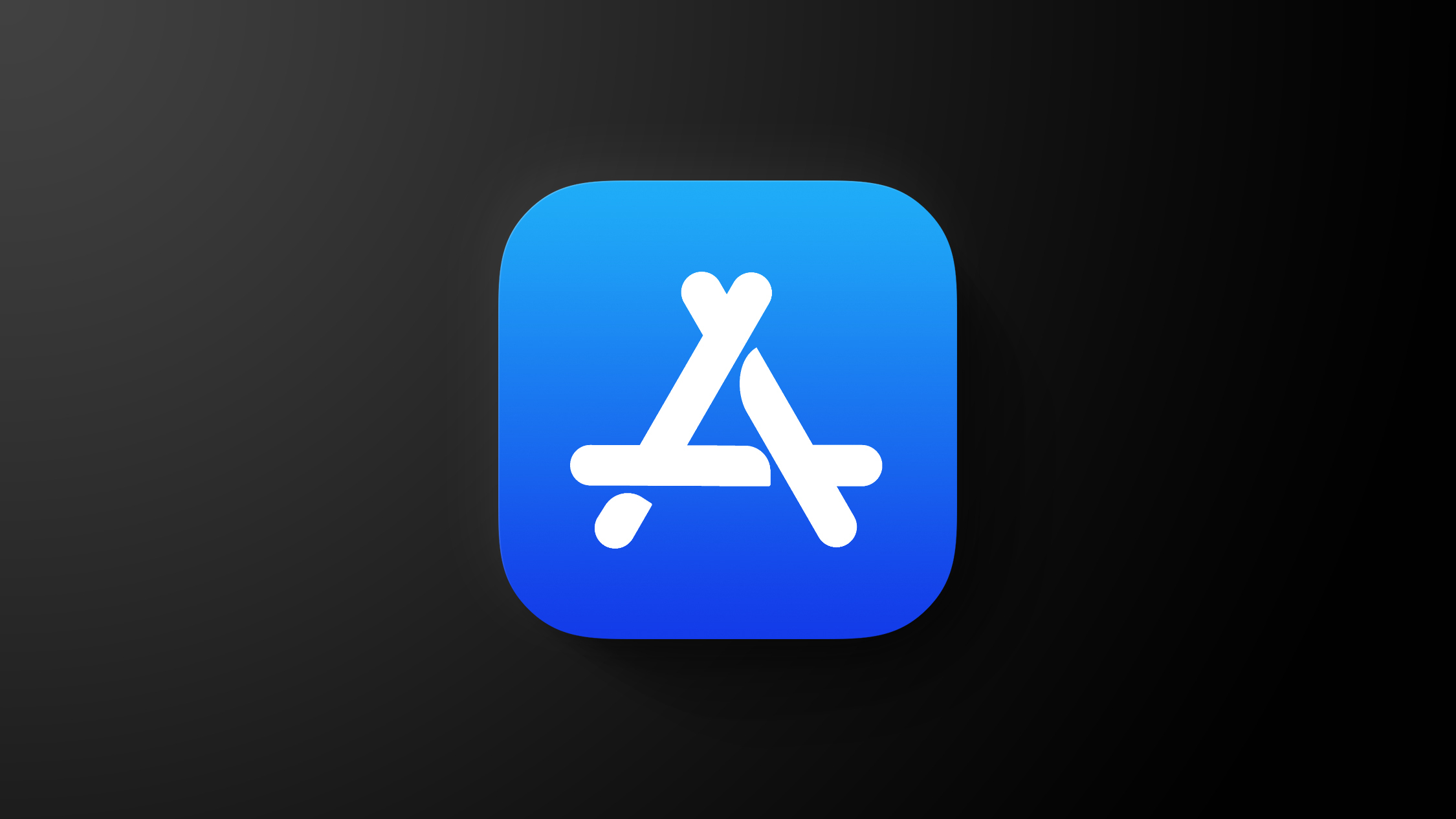A lawsuit targeting Apple's refusal to allow apps to support cryptocurrency transactions was today tossed out by a San Francisco judge, reports Reuters. The lawsuit, which was filed by Venmo and Cash App customers, claimed that Apple drove up the fees charged by Venmo and Cash App by not letting payment apps facilitate cryptocurrency transactions.

The plaintiffs alleged that Apple curbed competition in the mobile peer-to-peer payment market with its App Store guidelines. No option for cryptocurrency has supposedly caused Venmo and Cash App to raise prices for transactions and services due to "no competitive check." A payment app that is based on decentralized cryptocurrency technology would let iPhone users "send payments to each other without any intermediary at all."
According to the lawsuit, Venmo, Cash App, PayPal, and other payment providers agreed to an App Store guideline that does not allow for cryptocurrency transactions, which constitutes an "unlawful agreement." Apple asked for the case to be thrown out because the plaintiffs were not able to demonstrate illegal app rules or business agreements, and the judge agreed.
Apple's App Store rules allow cryptocurrency wallets that store virtual currency, and apps can facilitate cryptocurrency transactions on an approved exchange in countries where the app has licensing and permission to operate a crypto exchange.
The judge overseeing the case called it "speculative" and said it "suffers from several fatal problems." The plaintiffs have been given 21 days to submit an amended complaint, but the judge does not believe the case can be saved.
This article, "Judge Tosses Out Cryptocurrency Apple Antitrust Lawsuit Filed by Venmo Customers" first appeared on MacRumors.com
Discuss this article in our forums
Source: TechRadar

The plaintiffs alleged that Apple curbed competition in the mobile peer-to-peer payment market with its App Store guidelines. No option for cryptocurrency has supposedly caused Venmo and Cash App to raise prices for transactions and services due to "no competitive check." A payment app that is based on decentralized cryptocurrency technology would let iPhone users "send payments to each other without any intermediary at all."
According to the lawsuit, Venmo, Cash App, PayPal, and other payment providers agreed to an App Store guideline that does not allow for cryptocurrency transactions, which constitutes an "unlawful agreement." Apple asked for the case to be thrown out because the plaintiffs were not able to demonstrate illegal app rules or business agreements, and the judge agreed.
Apple's App Store rules allow cryptocurrency wallets that store virtual currency, and apps can facilitate cryptocurrency transactions on an approved exchange in countries where the app has licensing and permission to operate a crypto exchange.
The judge overseeing the case called it "speculative" and said it "suffers from several fatal problems." The plaintiffs have been given 21 days to submit an amended complaint, but the judge does not believe the case can be saved.
This article, "Judge Tosses Out Cryptocurrency Apple Antitrust Lawsuit Filed by Venmo Customers" first appeared on MacRumors.com
Discuss this article in our forums
Source: TechRadar